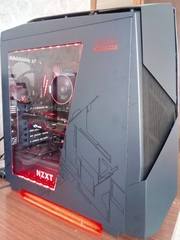-
Topics
-
Rumman ·
Posted in Troubleshooting1 -
poly ·
Posted in General Discussion0 -
0
-
skayqz ·
Posted in Graphics Cards2 -
3
-
3
-
bat_verified ·
Posted in New Builds and Planning5 -
8
-
3
-
4
-
-
play_circle_filled

Latest From Linus Tech Tips:
He Spent 3 YEARS Begging me for a PC. Good Luck Finding it!
















Create an account or sign in to comment
You need to be a member in order to leave a comment
Create an account
Sign up for a new account in our community. It's easy!
Register a new accountSign in
Already have an account? Sign in here.
Sign In Now